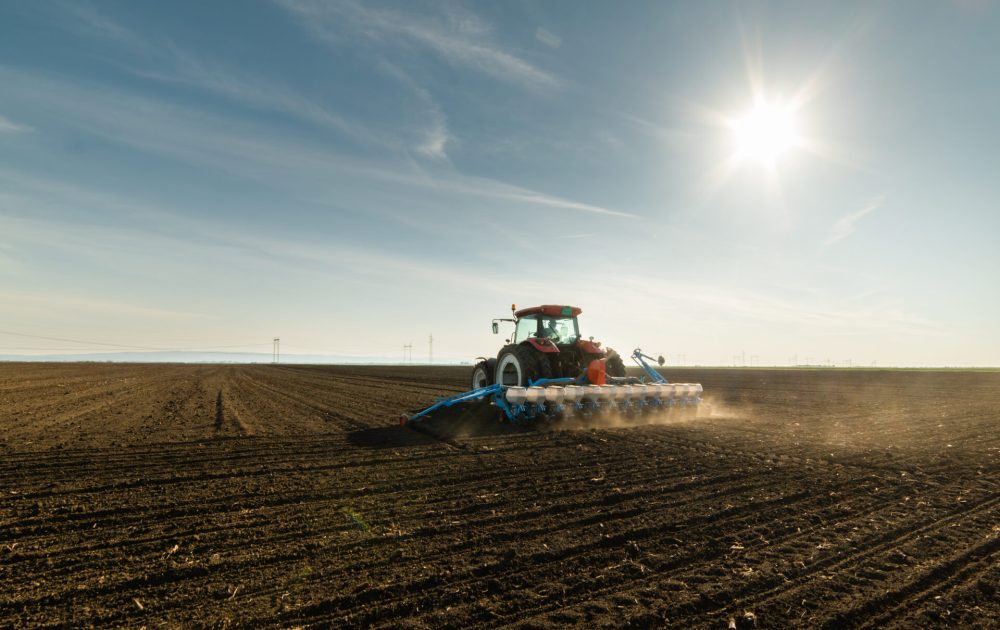Our test tells you which everyday chemicals you've recently come into contact with, and easy steps you can follow to reduce your exposure to them.
Rye grass 'weeds' resistance to glyphosate

It’s widely known that crop fields are routinely sprayed with pesticides and herbicides such as glyphosate to keep weeds down and boost crop yields. But it’s perhaps less understood that crop fields are also routinely sprayed with glyphosate before spring crops are planted, to clear stubbles before seeds are drilled into soil.
Glyphosate is the most widely used herbicide in the world with an estimated 9.4m tons sprayed globally each year. It carries out an effective role for reducing weeds in crop farming, and with few alternatives, it’s the weed killer of choice for many farmers.
But a farm in Kent recently reported a field of glyphosate resistant weeds, Italian ryegrass – the field was sprayed with glyphosate, but the weeds didn’t die. This isolated incident has caused concern in the farming community. So it seems that some plants are finding ways to overcome chemical treatments and grow, but is this good news for consumers or not?
The health risks of exposure to glyphosate
Glyphosate is classified by the WHO as “probably carcinogenic’ but deemed safe for commercial use by regulators across the globe, including the EU who renewed the license in 2023 if glyphosate is used in accordance with guidance on “good agricultural practice’.
But there are serious health concerns about exposure to glyphosate, especially for individuals who experience prolonged, occupational levels of exposure. Glyphosate has been linked to higher incidences of several types of cancer and infertility. Glyphosate exposure is also linked with changes in oxidative stress levels in the body which are an indicator that the body’s immune system is under attack, and could lead to the development of serious illness.
How to reduce your exposure to herbicides and pesticides
Glyphosate has been detected in urine samples tested of 99% pregnant women and 80% of the wider population suggesting that it’s quite hard to avoid entirely. For anyone concerned about the health risks of eating food grown using glyphosate the best advice is to eat cereals, fruit, and vegetables grown organically, without the use of herbicides or pesticides.
For further information about how to reduce your exposure to chemicals used in food production visit the PAN to learn more about produce grown with the highest levels of pesticides.
- Avoid walking in rural locations when fields are being sprayed at any time of the year.
- Avoid using domestic weedkillers such as Roundup which use glyphosate as the main ingredient.
Learn more about glyphosate.
Image credit: Shutterstock